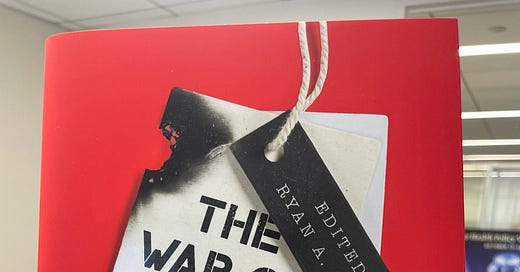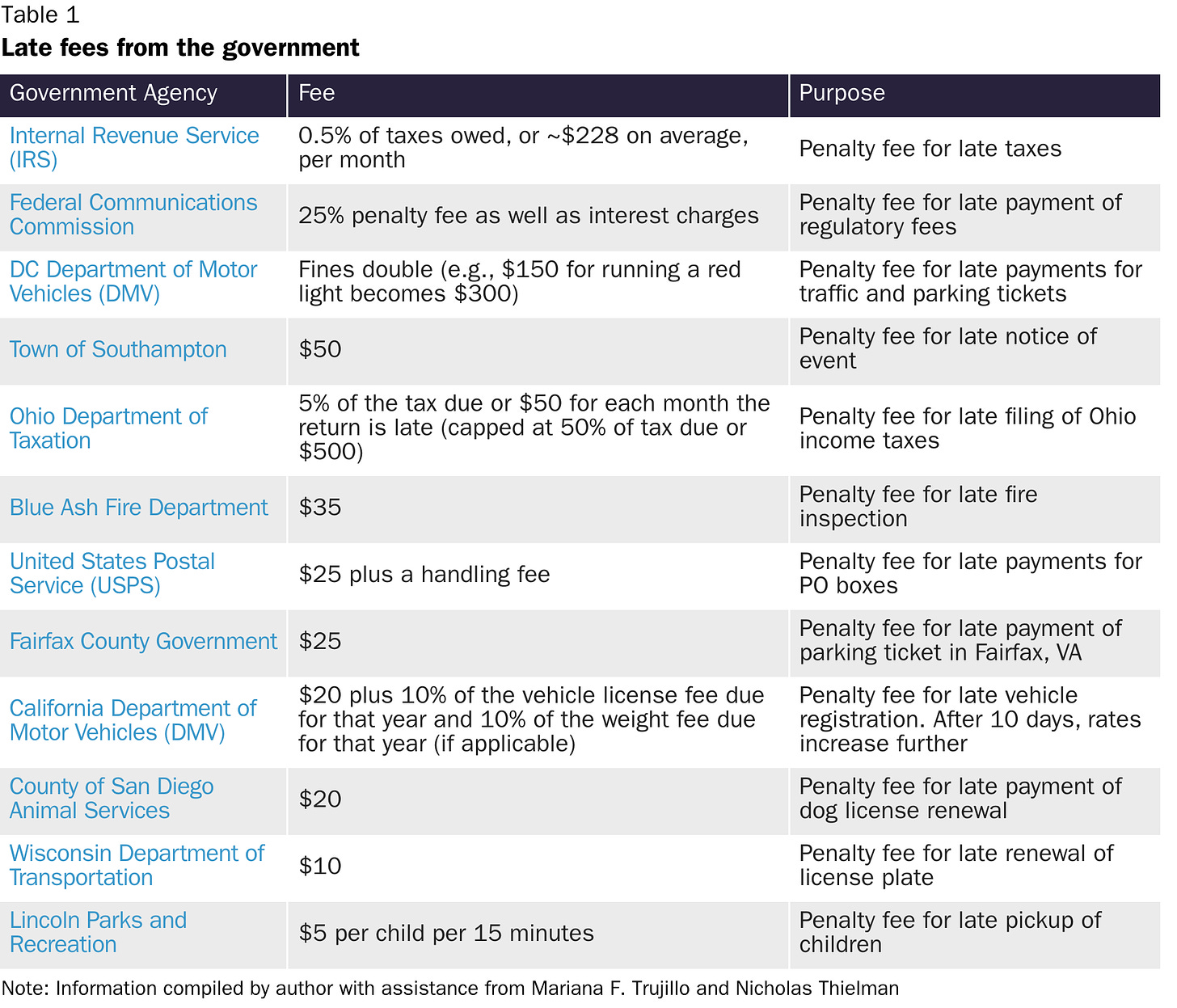Yesterday, physical copies of The War on Prices: How Popular Misconceptions about Inflation, Prices, and Value Create Bad Policy arrived into the Cato office. You can pre-order your copy of the multi-author volume here. If you’re an economist or commentator interested in reviewing the book, please let us know.
U.S. Government Hypocrisy on “Junk Fees”
Over the past year, the Biden administration has furthered its efforts to curb “junk fees”. As we’ve noted, the definition of junk fees is a somewhat moveable feast and could more aptly be described as any fee the administration thinks customers might dislike or find annoying. Nonetheless, regulations against them continue pouring down from government agencies. Some states have followed suit, introducing legislation to ban “junk fees,” with California passing a bill in October 2023.
Among those fees that Biden isn’t keen on are telecom companies’ early termination fees, as well as overdraft fees and credit card late payment fees in financial services. All such fees have clear economic rationales, of course. Early termination fees allow lower upfront charges to cover setup, installation, and equipment costs, while providing more revenue certainty for companies to make new investments. Overdraft fees internalize the risks and costs to banks of taking on customers likely to overdraw their accounts. Credit card late payment fees likewise deter late payments, widening access to credit for pools of borrowers who are otherwise perceived risky. Yet all these justifications get short shrift from the anti-junk fees crusaders in government.
It may come as a surprise then that governments themselves employ similar fees and charges in their own operations. In his Congressional testimony last month, our Cato colleague Nick Anthony drew attention to the fact that numerous government agencies levy late fees for failures to comply with regulations or requirements on time. The Internal Revenue Service has a penalty fee for tardy tax payments, for example, while the Federal Communications Commission charges a fee for late payment of regulatory fees. The Postal Service even has a $25 late fee for late payments on PO boxes (see a longer list of examples in Table 1).
Are these not also junk fees, per the White House’s revealed definition? When Nick pointed out this apparent government hypocrisy, Representative Brad Sherman (D-CA) got defensive, trying to differentiate between real junk fees and sensible government charges (see video at 1:06:45). He said:
There is no exact legal definition, but a junk fee is a fee you are not aware of and don’t expect until you are pretty much done with the transaction. When you’re at the airport and you learn that you are going to have to pay to have even one bag on the plane, that’s a junk fee. In contrast, I think if you park in a no parking zone or you don’t pay the IRS on time, you expect a fee.
I think Mr. Sherman needs to review just how expansive the federal government’s anti-junk fees agenda has gotten and the sorts of fees it’s trying to eradicate. If it’s fine for the government to impose charges for breaching parking regulations or making late tax payments, why is it so unthinkable that private companies use fees to deter ending your telecoms contract prematurely or making late payments on your credit card?
*For more on “junk fees” and government price controls, you can pre-order Cato’s forthcoming book, The War on Prices: How Popular Misconceptions about Inflation, Prices, and Value Create Bad Policy today*






The question I'd ask is what it the cost benefit analysis of the regulation restricting xx fee? Let's see the cost of the externality of market failure.